Story Highlight
– FSA warns food safety laws risk becoming undeliverable.
– 39,000 businesses lack necessary food hygiene inspections.
– 97% maintain satisfactory hygiene ratings over four years.
– 85 supermarkets failed recent food hygiene inspections.
– Resource challenges hinder effective local authority responses.
Full Story
Food safety and hygiene enforcement in the UK faces critical challenges due to insufficient resources, according to the Food Standards Agency (FSA). A recent report issued by the FSA highlights a worrying shortage of manpower for conducting necessary food hygiene inspections.
Ahead of the upcoming FSA board meeting, the report indicates that approximately 39,000 businesses have yet to undergo inspection by local authorities, which are currently under strain. Although this figure has decreased from a peak of 77,000 recorded during the pandemic, the FSA notes that this still poses a considerable public health risk due to the unknown status of these establishments.
The report further reveals that for businesses assessed under the Scores on the Doors scheme, an impressive 97% have maintained a rating of ‘3 – generally satisfactory’ or higher over the last four years. However, concerns emerged recently when an investigation by The Grocer found that 85 supermarkets had failed their latest food hygiene inspections. This discovery has raised further doubts about the FSA’s strategy to reduce inspection frequency for larger companies to better focus on small businesses.
While the FSA acknowledges that resources allocated for food hygiene have seen improvement since the pandemic, particularly in England, the total number of Environmental Health and Trading Standards officers remains significantly lower than it was over a decade ago. The report states that local authorities continue to face persistent resourcing issues, hampering their ability to meet rising demands effectively.
“Local authorities continue to report ongoing resourcing challenges, which limit their ability to respond effectively to increasing demand. We need to understand whether there is a tipping point at which a lack of capacity and capability in the system will make the current system undeliverable, and if so, what additional interventions might be required to manage the associated risks,” the FSA stated.
Consumer advocacy organization Which? has described the reported figures as indicative of the precarious state of food law enforcement in the UK. Sue Davies, head of consumer rights and food policy at Which?, emphasized, “This year’s report stresses once again how food standards and hygiene teams have become dangerously under-resourced as the number of food businesses increases, leaving vital protections for food safety and standards at risk.”
Davies pointed to Which?’s own findings indicating that Trading Standards services nationwide are struggling to enforce essential consumer protections. She urged the government to take urgent action to reform the system, ensuring robust safeguards for food safety and overall consumer protections.
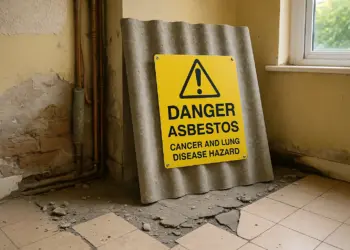






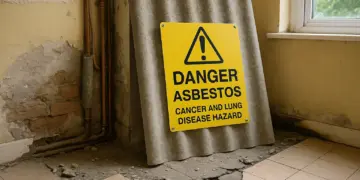

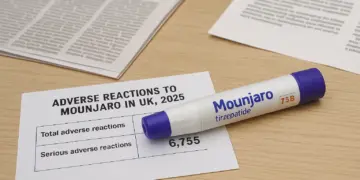




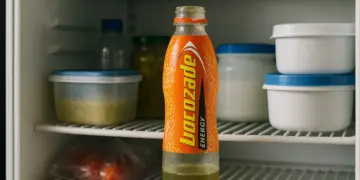


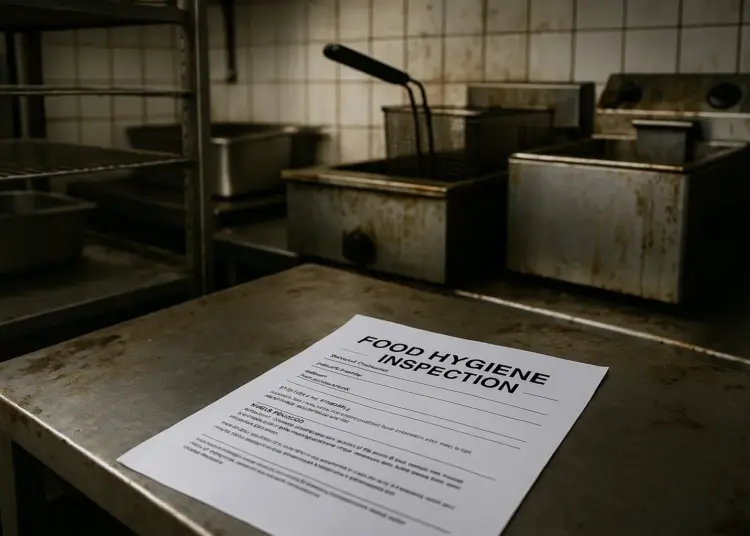





This is a serious wake up call. Consistently high hygiene ratings show the system works when resources are available, but the backlog of inspections and recent supermarket failures expose how fragile that protection is. Local authorities need stable funding and clear prioritisation to carry out inspections, sampling and enforcement. Without timely action the risk to public health rises, particularly for vulnerable groups. Government must commit to sustained resourcing and consider interim measures such as targeted inspection campaigns, better data driven risk targeting and support for local teams to prevent enforcement gaps widening.
This is worrying. Routine inspections are a cornerstone of public health and without sufficient resources gaps will widen and risks will increase. Maintaining high hygiene standards across the board requires consistent oversight timely follow up and clear accountability. Local authorities need sustainable funding and the FSA should be empowered to prioritise high risk premises and support councils with expertise and enforcement capacity. The government must act now to prevent a slide in standards that could harm consumers and damage confidence in the food sector.
This is a serious public health concern. Routine inspections are the backbone of food safety and without consistent enforcement the risk of outbreaks and contamination rises. The high overall hygiene rating is reassuring, but the backlog of 39,000 overdue inspections and recent supermarket failures show that gaps can quickly appear when resources are stretched. Local authorities need stable funding and capacity to carry out timely inspections, follow up on failures and provide business support to maintain standards. The government and regulators should prioritise targeted funding and clear national guidance to ensure inspections remain effective and that public confidence in the food supply is maintained.